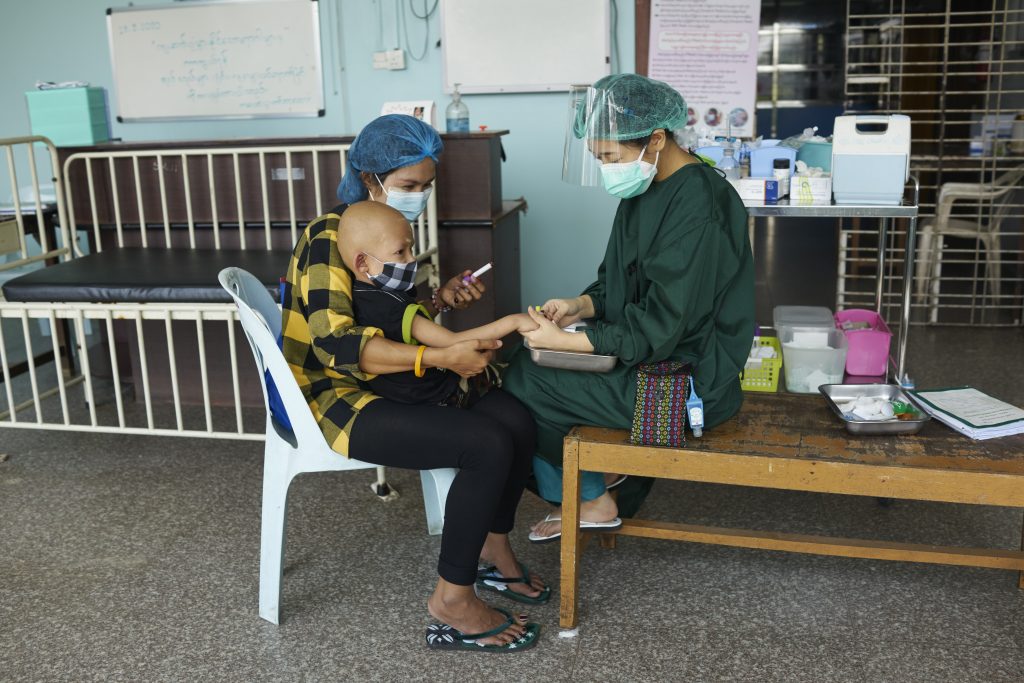
Patient Navigation Programme
Developing Patient Navigation Programmes to Improve Access to Cancer Care in Léon and Mexico City

Cancer is among the three most common causes of disease-related mortality among children and adolescents, and the problem is particularly acute in low and middle income countries (LMICs), whose long-term survival rates are far lower than those of well-resourced countries. Factors that determine outcomes include cancer biology, host conditions, social determinants and the delivery of cancer care, along with missed and delayed diagnosis.
To create short, user-friendly documents that can provide a framework for the development of specific guidance materials at city level. These documents may include management guidelines, development plans and a syllabus for a training programme.
During the last quarter of 2021, City Cancer Challenge (C/Can) formed a specialist taskforce on childhood cancer, comprising leading experts from four “key learning cities” as well as representatives of C/Can partners. Their first initiative was to envision and draft a syllabus for a childhood cancer training programme that could be applied to different local contexts.
Once the final version was ready, this document was submitted to a virtual consultation process with C/Can cities. Feedback from the cities was incorporated and the final document was disseminated.
The first guide, providing advice on how to develop a training programme for the management of childhood cancer at primary healthcare level, has been circulated among C/Can cities.
This website uses its own and third-party cookies to improve the browsing experience. Read the Cookies Policy.